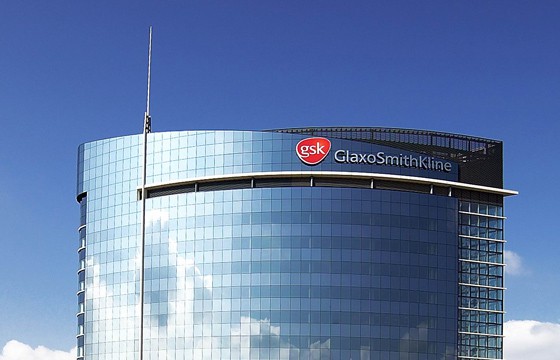
GlaxoSmithKline’s (GSK) dostarlimab – an investigational PD-1 inhibitor – has demonstrated promising results in patients with heavily pre-treated solid cancer tumours.
The updated data comes from cohort F of GSK’s GARNET trial, which enrolled patients with mismatch repair-deficient (dMMR) non-endometrial advanced solid cancer tumours.
The majority of this cohort had gastrointestinal cancer, with the highest prevalence in colorectal, gastric and small intestinal cancer.
Most of the patients in this study were also heavily pre-treated – many had already been treated with two or more prior lines of systemic therapy.
Results from this cohort showed a 38.7% objective response rate (ORR) among patients treated with dostarlimab, with responses remaining durable across the tumour types.
This includes in patients with colorectal cancer – participants in this group demonstrated an OOR of 36.2%, while patients in the non-colorectal cancer population had an ORR of 43.2%. Overall, 8% of patients in cohort F achieved a complete response.
After the median follow-up of 12.4 months, the median duration of response (DoR) had not been reached.
“These new results from the ongoing GARNET study demonstrate the potential for dostarlimab to help a broad range of patients with solid tumours that have a deficiency in DNA mismatch repair,” said Axel Hoos, senior vice president and head of oncology R&D at GSK.
Cells that are mismatch repair (MMR) deficient often have many DNA mutations, and are commonly found in colorectal, gastrointestinal and endometrial cancer.
“The patients who participated in GARNET cohort F had mismatch repair-deficient solid cancer [tumours] with progressive disease on standard therapy and few available treatment options,” said Thierry André, professor of Medical Oncology, Sorbonne University and Saint-Antoine Hospital in Paris, France.
“This data shows that dostarlimab may become an important new treatment option that provides durable responses for these patients,” he added.
GSK’s CEO Emma Walmsley and R&D chief Hal Barron have led the company’s re-entry into oncology, having overseen a number of new additions to the oncology pipeline.
GSK gained dostarlimab from its $5.1bn acquisition of cancer specialist Tesaro, as well as PARP inhibitor Zejula (niraparib), which is approved across a number of indications including ovarian, fallopian tube and primary peritoneal cancer.
Another potential drug within GSK’s oncology roster is its antibody-drug conjugate (ADC) belantamab mafodotin, which was recently granted a US Food and Drug Administration (FDA) priority review for the treatment of patients with relapsed or refractory multiple myeloma.




